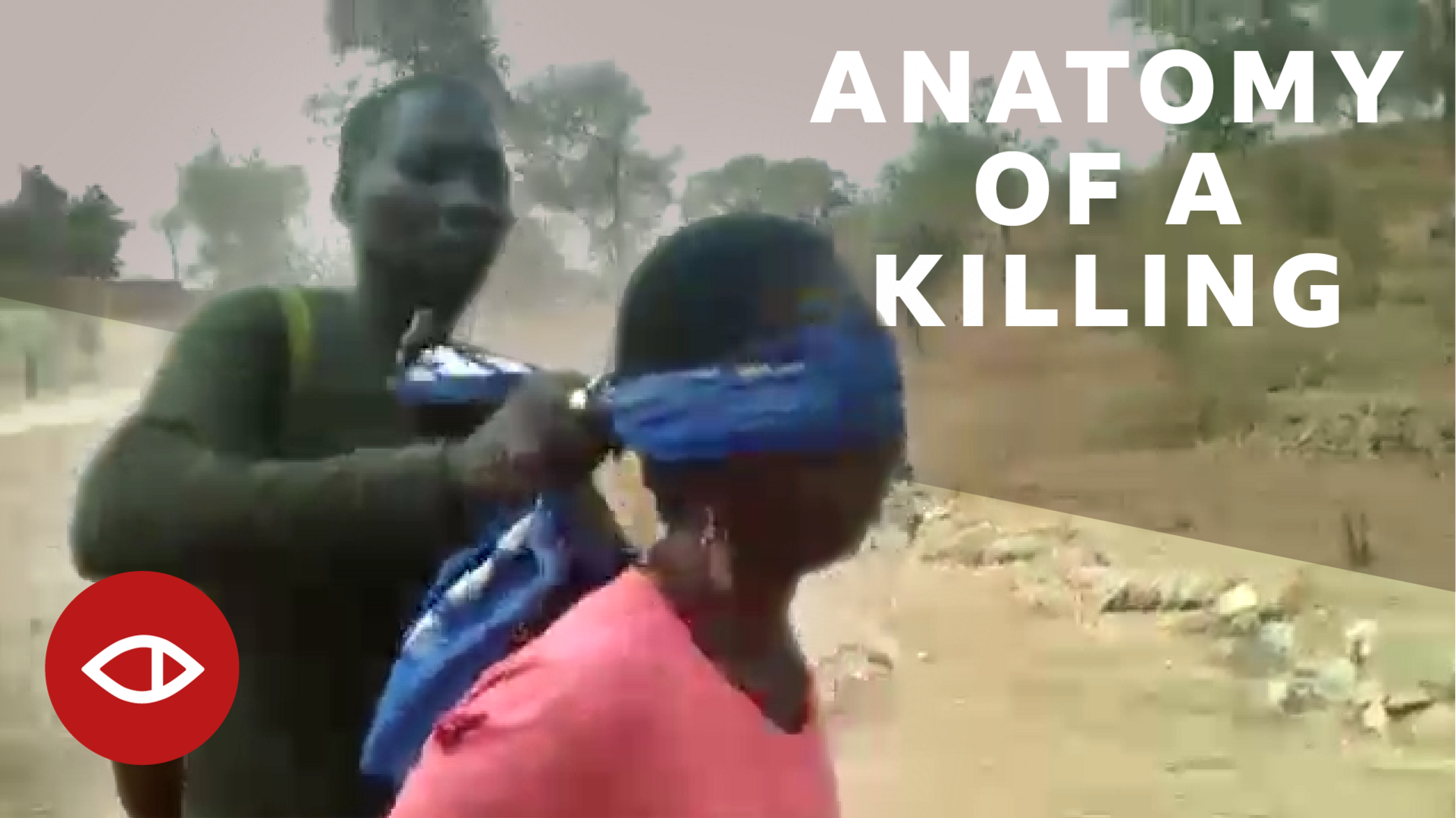BBC Nairobi: The largest bureau outside UK
- Published
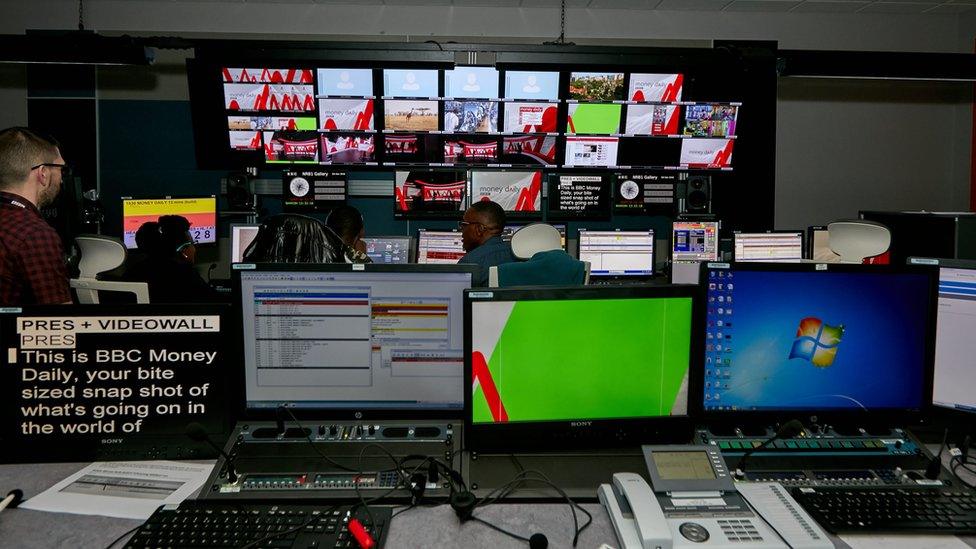
The BBC World Service now broadcasts in 12 African languages - plus English
The BBC has today launched its largest bureau outside of the UK in Kenya's capital, Nairobi.
Close to 300 of the 600 BBC journalists working across Africa are based in the new, state-of-the-art facility.
"Our most important investment will be in training the next generation of African reporters and producers to world-class standards," Francesca Unsworth, Director of BBC News, said.
The expansion is being funded by $376m (£289m) from the UK government.
The production facilities at the bureau include a TV studio and two further live broadcast positions, two radio studios, two radio workspaces and five TV edit suites.
Earlier this year another major hub was opened in Nigeria's commercial city of Lagos, where three new language services are based, while there was also an expansion of the French service based in Senegal's capital, Dakar.
The BBC World Service opened its Nairobi bureau in 1998. It now broadcasts in a total of 12 African languages - plus English.
"We are celebrating the African journalists and programme makers here today who will carry the torch of BBC professionalism, accuracy and impartiality into the future," Rachael Akidi Okwir, Head of East Africa Languages for the BBC World Service said.

Nairobi-based services:
Afaan Oromo: Language of Ethiopia's biggest ethnic group
Amharic: Ethiopia's official language
Tigrinya: The main working language of Eritrea, along with Arabic. Also spoken in Ethiopia
Lagos-based services:
Igbo: An official Nigerian language. Also spoken in Equatorial Guinea
Yoruba: Spoken in south-western Nigeria and some other parts of West Africa, especially Benin and Togo
Pidgin: A creole version of English widely spoken in southern Nigeria, Ghana, Cameroon and Equatorial Guinea

The official opening of the new bureau coincides with the launch of Money Daily, a new business TV programme. It is one of several new shows being produced in Nairobi.
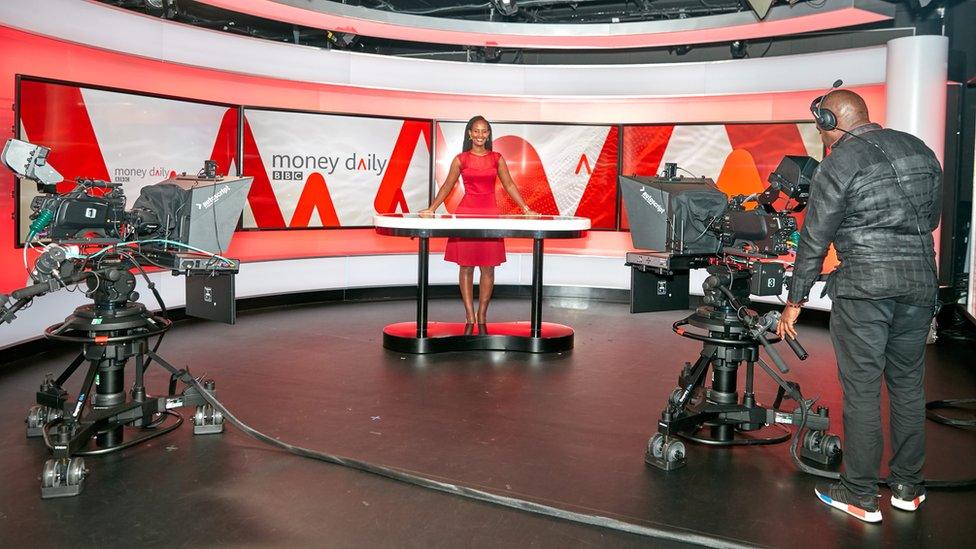
Money Daily is one of several new shows that will be produced in the Nairobi bureau
One of the new services, BBC's new investigative unit, Africa Eye, has already made a global impact.
Its report on corruption in football involving a referee bound for the 2018 World Cup, led the Confederation of African Football (Caf) to open an investigation and sanctions against the Kenyan official.
It September, Africa Eye released a report after extensive forensic analysis to uncover identities of Cameroonian soldiers who executed two women and two children - the graphic details had been captured in a video that was widely shared on social media.
- Published16 November 2016
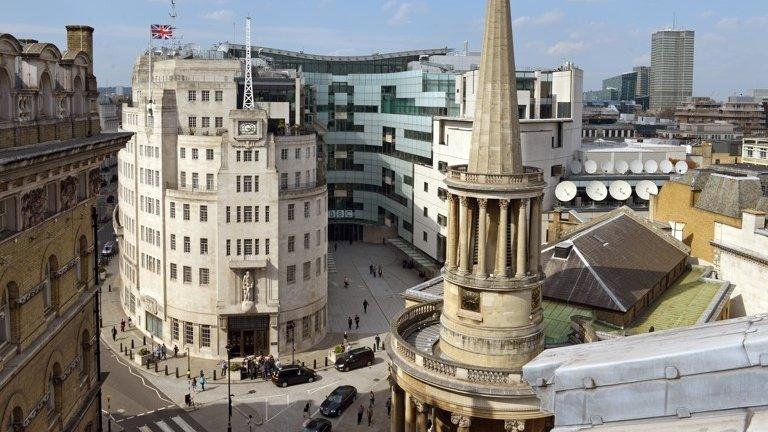
- Published16 November 2016
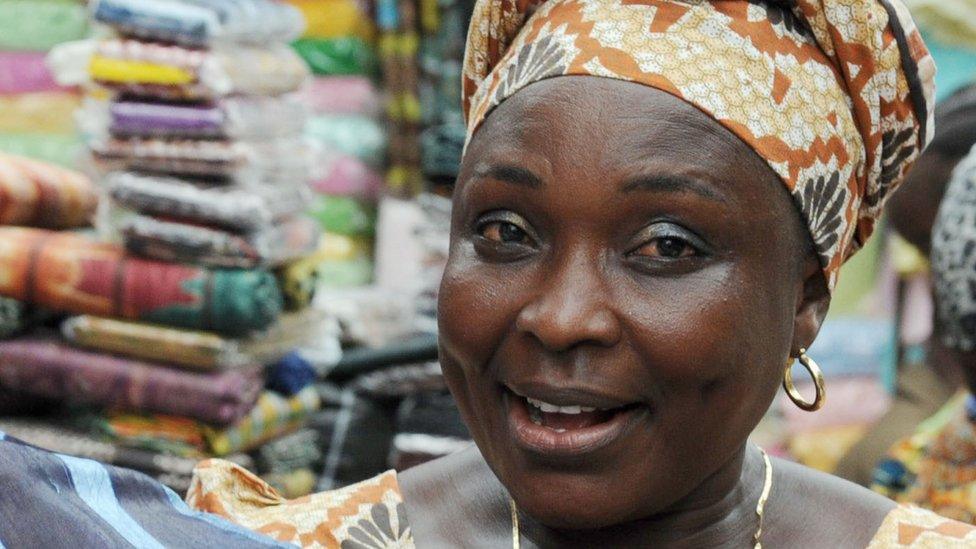
- Published28 September 2018
